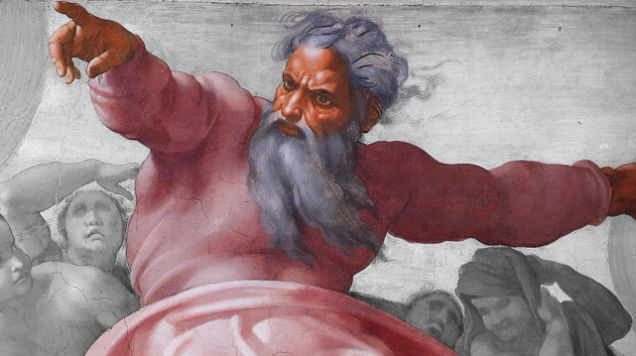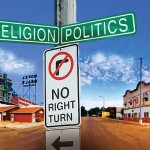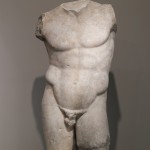“If you don’t understand something, don’t wax opinion about it in public forums. … if you’ve never met any gods and you don’t understand polytheistic practice, DON’T WRITE ABOUT IT.” – Alley Valkyrie
There is an idea floating around that, if you’re an atheist, you must not have met any gods.
There’s a logical appeal to this notion. After all, if you had met a god, why would’t you believe in it.
Here’s the problem with that idea: A lot of atheists are former theists. Lots are former Christians, for example. Some may be former polytheists. And a fair number of them had religious experiences in their former religious lives, experiences which resembled those of other theists: for example, praying to a god and receiving answer to a prayer … in the form of an emotional impression, or an auspicious event or dream, or even hearing a voice in one’s head or seeing a vision — experiences which are common among both monotheists and polytheists.
I am one of those theists-turned-atheists who had all of those things happen to me. And I have had less subtle experiences as well. I stood on a mountain in Utah and I encountered something that, at the time, I could only identify as the God of Abraham, Isaac, and Jacob. I have felt his presence bearing down on me like a physical weight.
It may be difficult for theist to grasp why someone who would have this experiences would cease to believe in the existence of gods, but suffice it to say that theists-turned-atheists come to interpret their experiences differently.
Now, if you are a polytheist, then you believe in the existence of multiple gods. If you a Pagan polytheist, you probably believe in the existence of multiple gods from multiple pantheons. And there is a good chance that you even believe in the gods of the Christian pantheon. I have heard a lot of Pagans say they believe in the Christian god, but he’s just not part of their chosen pantheon.
So, if you’re a polytheist who believes in Jehovah or Yahweh or whatever, then you have to acknowledge the possibility that there are some atheists who have met gods.
Of course, everyone’s experience is unique to them, and one person’s experience of deity may not necessarily tell them anything about another person’s experience of deity. So it is wrong for theists-turned-atheists to presume to explain theists’ own experiences to them. But likewise, it is wrong for theists to presume that they have a monopoly on a certain kind of religious experience.
It can be frustrating to realize that someone has the same information as you and still came to a different conclusion — especially in religious matters. It is tempting to believe that their information must be incomplete or that they are personally flawed in some way. But it is wrong to assume this.
I’m an atheist. And I once met a god.

















